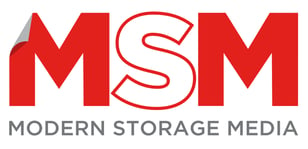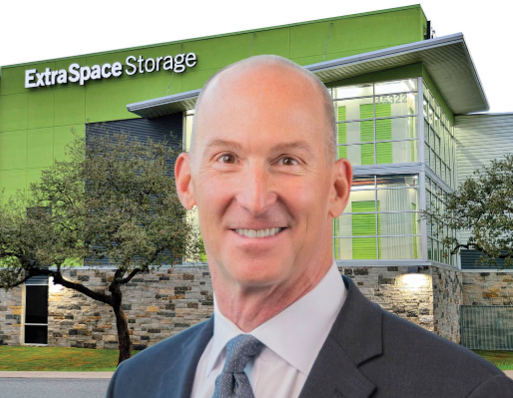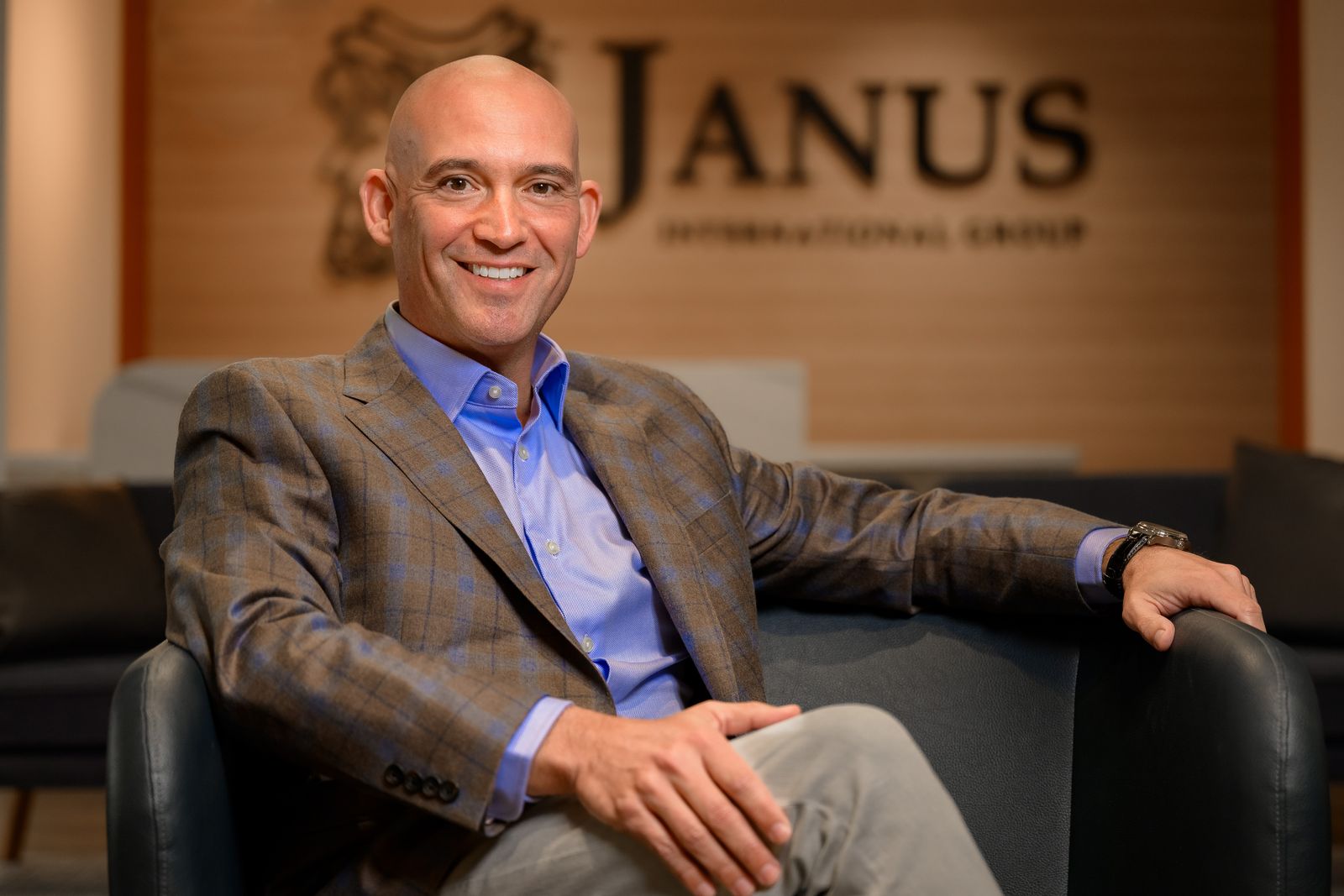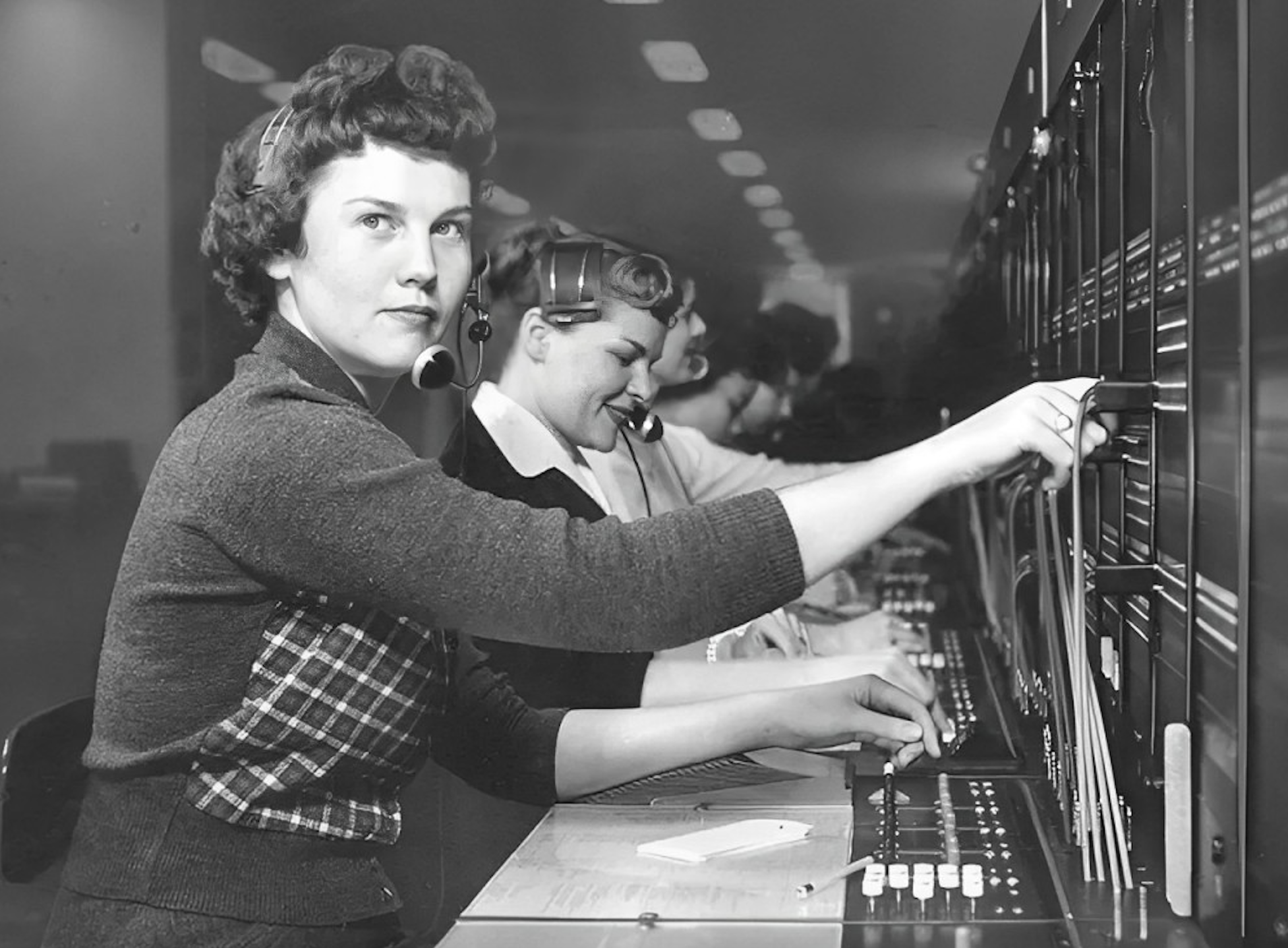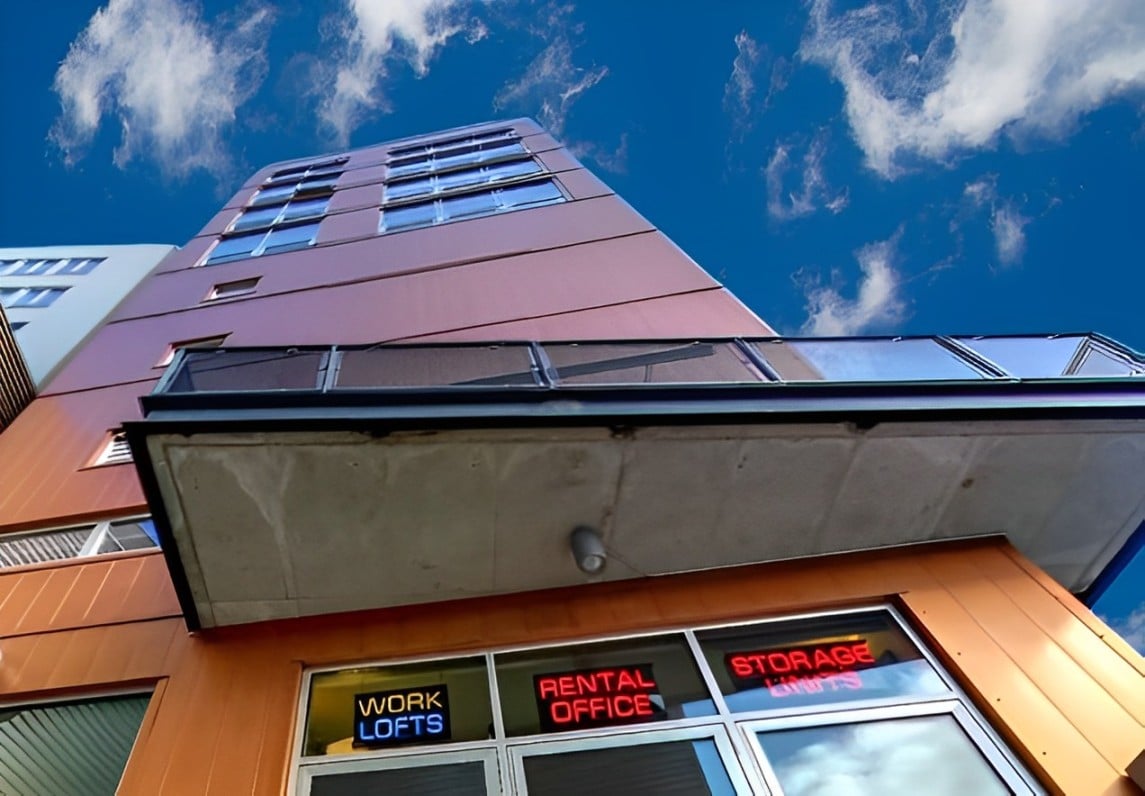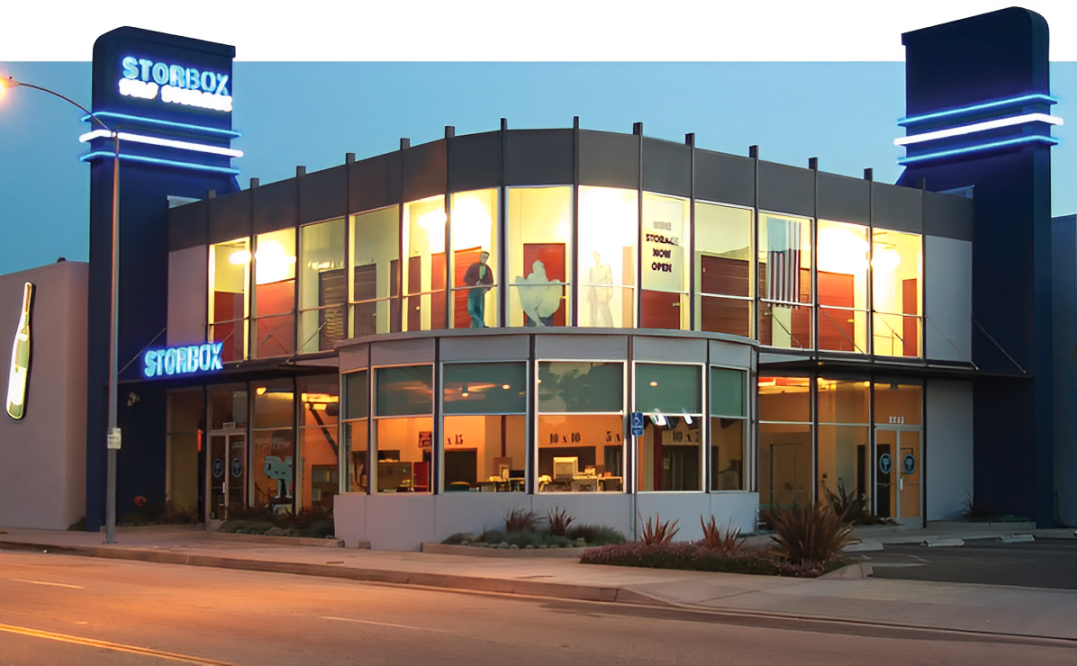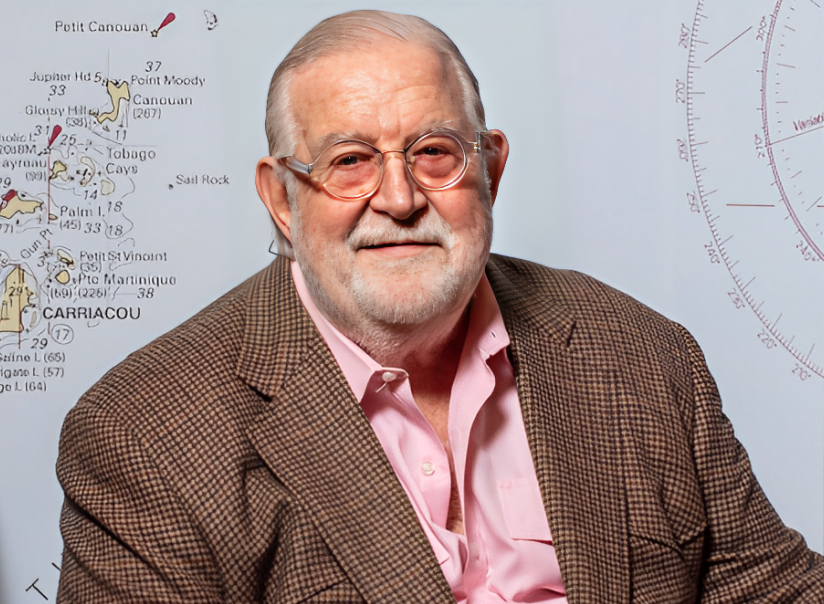In The Spirit Of Friendly Competition
Storage People Share Knowledge, Ideas, And Success
Ken Nitzberg and Mike Burnam are the best of friends. They’ve known each other for 20 years, go on hunting and fishing outings all over the world, and stage self-storage events together.
They are also competitors.
Nitzberg is CEO of Emeryville, Calif.-based Devon Self Storage, the 12th largest operator in the U.S., and Burnam is CEO of StorageMart in Columbia, Mo., the seventh largest operator, according to Mini-Storage Messenger’s Top Operators.
“We’ve never bought anything from him and we’ve never sold anything to him and vice versa,” Nitzberg says. “Our relationship is purely professional and friendly; we don’t do deals together.”
Their friendship extends to about 20 other competitors in the business as well. “Some of my very best, closest friends are also my competitors,” Nitzberg says. “We have a group which we jokingly call the SSA Safari Club. We’ve got three to five activities a year to go hunting and fishing somewhere in the world together. The rest of the time we compete.”
This spirit of friendly competition appears to be pervasive throughout self-storage. Burnam has worked in several industries, but there seems to be something special about storage people. “Most of the people in this industry were in something else before they got into this business,” Burnam says. “This is one of the few industries in all the businesses we’ve been in where you can have friends that are also your competitors.”
Not Your Typical Real Estate People
Storage professionals who have worked in other real estate fields note that this industry is unlike the rest.
“It’s a very unique industry,” contends Nitzberg, who entered the Self Storage Hall of Fame with Burnam in 2015. “I’ve been in other businesses and industries before and I’ve never experienced anything like this. In the basic four groups of real estate—office, retail, multifamily, and industrial—you didn’t share anything with anybody because you were afraid they were going to steal it. We’re not inventing the cure for cancer here; we’re renting little metal garages.”
Anne Mari DeCoster, executive director of the Arizona Self-Storage Association, worked in a variety of professions, including management consulting, transportation, energy, and defense before entering the storage industry in 2002.
“I worked in a lot of different industries, and I can say this is a nice industry,” DeCoster says. “I was with a self-storage developer, and all of what we did was in a collegial manner. It all was done by networks and by friendships among colleagues.”
If she needed to find the appropriate software to use, she asked a storage operator for advice. If some other system was needed, she called an industry vendor for a recommendation.
Poppy Behrens, publisher of Mini-Storage Messenger, started her career with Phoenix-based MiniCo in 2000 following a position as editor of a fashion/lifestyle magazine in California. Her introduction to self-storage was somewhat of a culture shock.
“I noticed the difference right away in coming from the fashion/lifestyle/retail arena, where everything was competitive,” she says.
After only three weeks on the job, Behrens was assigned to cover the Self Storage Association spring show in Denver. Talk about being thrown into the deep end of the pool.
“I was like a deer caught in the headlights, because I didn’t know that much about the industry and [former MiniCo CEO] Hardy Good introduced me to Ken Nitzberg, who became my lifeline. If I had a question, I called Ken,” Behrens says. “I found self-storage, unlike other retail business people, were more willing to share their information among one another.”
This inclination to disclose operating practices, trends, and ideas may have facilitated Messenger’s ability to successfully share information industry-wide.
“The people who were willing to take me under wing understood that we needed to educate people and that had a lot to do with their willingness to be so open,” Behrens says. “I’ve heard all the time at trade shows that people enjoyed reading Messenger because the articles are educational and, when they’re done reading the article, they feel like they learned something.”
M. Anne Ballard, president of Universal Storage Group in Atlanta, operated a real estate marketing company and worked in the apartment industry before entering self-storage. “I found it very interesting in my first conferences I went to 27 years ago that people were open and I asked a lot of questions,” she says.
“Unlike other real estate categories, storage industry peers will share information, trends, data, and best practices,” Ballard says. “Commercial people, shopping center people, and industrial people do not do that—only the storage business.”
Over three decades, Ballard has cultivated relationships with several of her competitors who she now calls friends.
“I think it helps you immeasurably, and sometimes you need to reach out to that friend for a referral or resolution, or maybe they have some background information about a situation that may help you,” Ballard says.
Sharing At The Highest Echelons
This spirit of freely sharing information and ideas extends to the highest echelons of the storage industry.
Burnam, Nitzberg, and Pat Reilly, CEO of Seattle-based Urban Self Storage, formed the Self Storage Institute a few years ago to bring private operators together with leaders in other fields. The group meets annually in various cities to hear “disrupters” from industries outside of self-storage to learn their visions.
The operators kick in enough money to schedule speakers such as the head of strategic planning for Amazon and Travelocity’s founder.
“We wanted something that explored beyond the cutting edge,” Nitzberg says. “We wanted to have speakers at this one-day event that were disrupters in their particular industry. They talked about what their thought process was, how they came up with these crazy ideas, and why did it work so that we might possibly get a grain of an idea that we could apply to our self-storage businesses.”
In addition, storage operators meet to talk shop about industry trends and practices. “I’d get together a group of large operators and we would share stories, ideas, and intelligence about our operations,” Burnam says.
Benefitting The Competition
So why are so many in the industry willing to share their knowledge that could end up benefitting a competitor? Theories abound.
“It’s just the genesis of the business because it started with ma and pas,” Nitzberg says. “The ones who have grown bigger tend to know each other well. In the senior level in this industry, everybody knows everybody; there is very little in the way of secrets. Everybody hangs out together; they’re good friends; they share information and ideas. They don’t look at each other as the enemy. We tend to learn from each other and we share ideas.”
Burnam has a similar theory. “There are so many mom-and-pops in this business; it’s such a great family business to get into,” says Burnam, who runs StorageMart with several members of his family in key positions.
The family business appears to be a common component in self-storage success.
“A lot of this business is family-owned small businesses, one of few industries left in the United States that still has very strong representation of family-owned small business,” DeCoster notes. “People who tend to be in this space are people who make deals because they make sense and they work. They’re simply successful entrepreneurs who are small business people and small business people are nice.”
The self-storage landscape has been punctuated with some larger-than-life personalities who have spread the gospel of the industry beyond its borders. They could be major reasons for sharing best practices and expanding self-storage nationally and around the world.
“I think self-storage industry participants are the more entrepreneur mavericks of the real estate class and tend to have very distinct personalities,” Ballard says. “Once they have been involved in any industry event, they see how everybody is willing to talk to them and you can shop their stores and ask questions.”
It’s said that all self-storage is local, and Behrens theorizes that contributes to the sharing mentality. “We’re so localized in drilling in a three-to-five-mile radius of each store,” she says. “There tends to be a spirit of the more you’re educated, the more responsible you’re going to run your facility or build a facility.”
There also seems to be a lack of the greed factor in storage. “There’s not that kind of ruthless, cutthroat, competitive, zero-sum gain approach,” DeCoster says. “There’s enough business for all of us. We have a simple business model and, if we execute that business model in a smart way, our individual business units are going to be successful.”
The bottom line for self-storage is that everyone benefits from the free flow of information and ideas. It helps owners operate their businesses more professionally and profitably. “There are not many industries that the average owner/operator is a millionaire,” says Burnam.
And that’s a great bottom line for any industry.
David Lucas is a freelance writer based in Phoenix, Arizona. He is a regular contributor to MiniCo’s publications.
More Content
Popular Posts
The self storage industry is in a precarious...
The REITs new pricing strategy – lowering...
With the approval of both companies’...
Recent Posts
Ramey Jackson is the CEO of Janus...
Imagine preparing to move and needing to...
Owning or managing a self-storage facility...
Helen Keller is quoted as saying, “Alone we...
It’s often been said that “opportunity is...
There’s a saying in Florida that there are...
The landscape of the self-storage industry...

